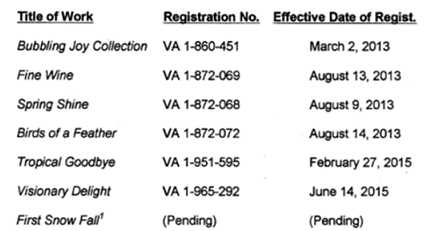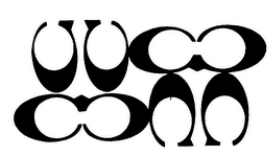Indianapolis, Indiana – A copyright lawyer for Plaintiff Antara Murdock of Philadelphia, Pennsylvania sued in the Southern District of Indiana alleging that Defendant Author Solutions, LLC of Bloomington, Indiana committed copyright infringement.
Murdock, who is also known as Antara Shaddod, contracted with Author Solutions in 2009 to publish his written work, “Journey to Consciousness; Who Am I?,” which included cover artwork created also created by Murdock. According to the complaint, these works have been registered with the U.S. Copyright Office under Registration No. TXu-001821785.
This Indiana litigation arises from a dispute regarding the artwork on the cover of Murdock’s book, which Author Solutions published and marketed for Murdock. Murdock contends that he was dissatisfied with the artwork as the cover for his book and that he relayed this concern to Author Solutions. The complaint states that Author Solutions had asked Murdock to sign to approve the final version of the book, including the art on the cover. In e-mails with the company, Murdock asserted that a signature, which related to the cover artwork and was purportedly his, was fraudulent.
In this federal lawsuit, Murdock contends that, by unlawfully publishing an unapproved draft of his book, Author Solutions “willfully used Plaintiff’s copyrighted Works without his permission and that it published, communicated, benefited through, posted, publicized and otherwise held out to the public for commercial benefit, the original and unique work of Plaintiff without Plaintiff’s consent or authority, and acquired monetary gain and market benefit as a result.”
The complaint lists a single count, copyright infringement. Murdock asks the court for statutory damages of up to $150,000, along with injunctive relief, costs and attorney’s fees.
 Indiana Intellectual Property Law News
Indiana Intellectual Property Law News







